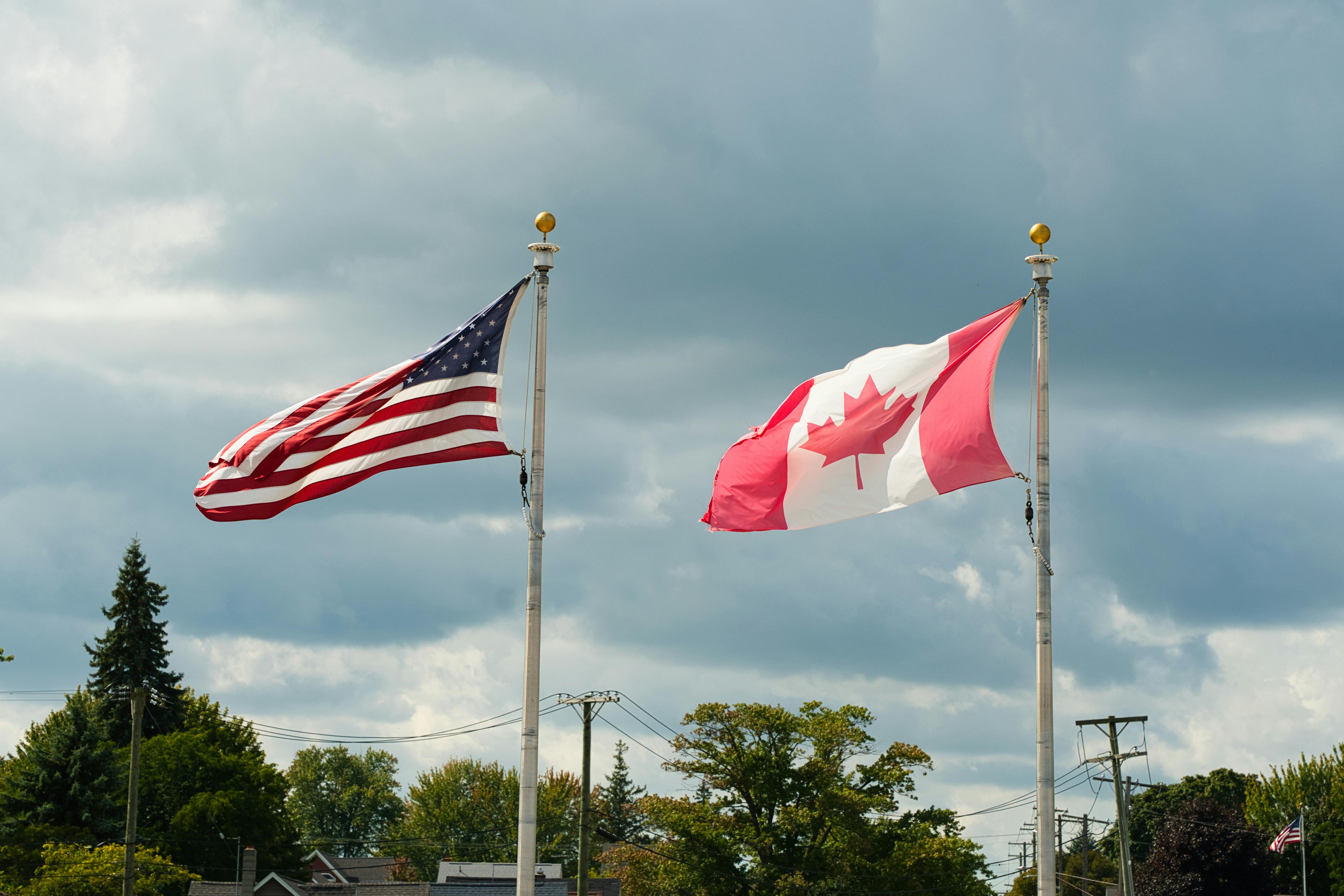US expat taxes: filing US taxes from Canada
As a U.S. citizen or Green Card holder living in Canada, you are required to file a U.S. tax return reporting your worldwide income by April 15 of the following year. If you are living abroad on the regular filing due date, you automatically get an extension to June 15. This is because the US tax system is based on legal status: as an American citizen, you’re required to pay tax on any income you earn, regardless of where you live or work. Interestingly, only the US and Eritrea (a small coastal East African nation bordered by Somalia, Ethiopia, Sudan and the Red Sea) intertwine tax and legal status.
Filing US taxes from Canada can be complicated.
Fortunately, it’s less expensive than it could have been because of a well-negotiated treaty between Canada and the US.
As a US citizen, the treaty keeps you from earnings being taxed twice (by CRA and the IRS). It also outlines which country is to tax different income sources like wages and investment earnings.
Wages
As a US citizen earning money in Canada, the treaty sets your primary tax obligation on wages to Canada, and lets you claim the Foreign Tax Credit on your US tax return for the Canadian taxes you’ve already paid. In some cases, this will completely eliminate your financial tax obligation to the IRS. In other cases, your tax burden will be reduced. Either way, you still have to file your US taxes.
Another option for you is to apply for the Foreign Earned Income Exclusion (FEIE), which you can do if you’ve been in Canada for an extended period of time. One way to gain this benefit is demonstrating stronger ties to Canada than the US. While the FEIE is a significant tax break, it still may be wiser to apply the foreign tax credits available through the US/Canada tax treaty. A financial professional can further advise you on this matter.
TFSAs, RESPs and RRSPs
If you have a Tax‑Free Savings Account (TFSA), a Registered Education Savings Plan (RESP) or a Registered Disability Savings Plan (RDSP), good on you, you’ve taken advantage of uniquely Canadian tools for building wealth.
However, for U.S. citizens or green-card holders living in Canada these accounts often do not receive the same tax-favoured status under U.S. tax law, so while they grow tax-free in Canada, the U.S. may require annual taxation or special reporting, and the Canada–United States Tax Treaty does not automatically defer U.S. tax on those gains.
Important: The U.S. may offer some relief for certain plans (for example, the U.S. will allow deferral on a Registered Retirement Savings Plan (RRSP) under the Treaty), but that relief generally does not extend to the TFSA, RESP or RDSP.
Public pension plans
A noteworthy win for Canada in the tax treaty negotiation with the US was that benefits paid by CPP (Canada Pension Plan), QPP (Quebec Pension Plan) and OAS (old age security) are not subject to US tax obligations.
FBAR and FATCA Filing Requirements
If you’ve been building wealth with intention in Canada, and you have more than $10,000 in a Canadian bank account, you must file a Foreign Bank & Financial Account Report (FBAR). If you hold assets in Canada valued at more than $200,000 (like, say, if you own a home in Canada), you’d probably have to comply with the Foreign Account Tax Compliance Act (FACTA) — a policy enacted to prevent hiding money in foreign countries.
Because FACTA compliance is part of the US/Canada tax agreement, Canadian financial institutions provide the IRS with US taxpayer financial information. More than half the world’s countries have a FACTA agreement of some kind with the US. Countries that don’t have a FACTA agreement with the US include North Korea, Iran, Rwanda and Russia.
That’s why filing US taxes from Canada is best done with help.
Being one of two countries that link tax and legal status, US tax obligations for expats abroad are revisited often, both for the good of the public purse and the broader public interest. This, coupled with the number of required forms, almost necessitates assistance.
When your entire financial life on both sides of the border runs through one office, you’ll have all the help you need to file your US and Canadian taxes on time, and keep both bills relatively low.
What about filing Canadian taxes as an American expat?
Unlike the US’s “legal status” approach to taxation, Canada’s tax system is based on residency. Anyone living in Canada must pay tax on income made in Canada, regardless of citizenship, employer or the money’s country of origin.
While it can take years to earn permanent residency in Canada from the Canadian government, you could be considered a tax citizen the moment you arrive in Canada if you have one or more of the following:
* a Canadian address
* a legally recognized spouse in Canada
* dependants in Canada
* personal property held in Canada
* membership in Canadian organizations
* a job in Canada
* money in Canadian investments
Considering US tax evasion? Do so at your own peril.
Tax evasion is ultimately how the United States government eventually arrested Al Capone, the infamous prohibition-era gangster. They take it seriously, and the penalties reflect this. You could pay up to $10,000 a year in fines. You could have your American passport revoked. And like Al Capone, you could go to jail.
Don’t let inaction or confusion be misconstrued and penalized as evasion. Have your US tax obligation reviewed by an Optimize professional today.
